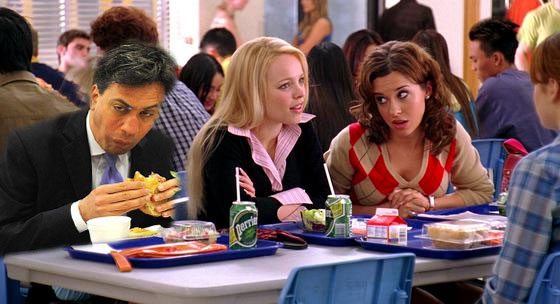Webbed Up: The First Ever Social Media Election
Likes, mentions, tweets and hashtags have all become part of this year’s political discussion. For the first time ever social media is at the very heart of the general election campaign. This isn’t simply the General Election, it’s the Social Media Election: #GE2015 if you like. General Elections are all about battlegrounds; areas of the campaign that politicians throw their time, effort and resources at in the hope of impacting the final result. These have traditionally included television debates and the campaign trail itself, but now you can add cyberspace to the equation. The internet could have a mighty impact on how the election plays out and, more importantly, whether for the first time we the young people of the United Kingdom well and truly swing the vote.
Upon waking up the first thing I do is check my Twitter feed, then perhaps my Facebook, maybe even sift through some Vines if I’m feeling perky. To put it quite simply I gain a good dose of my current affairs on social networking sites and so do many other people both young and old. It took a while but those in political circles, the suit and tie wearing cognoscenti have realised this social media stuff is an extremely powerful tool.
The United Kingdom’s major political parties have begun pouring the pounds into social media engagements. The Conservative Party are reportedly spending over £100,000 a month on Facebook advertisements whilst Labour have brought in Matthew McGregor, the digital analyst who masterminded Barack Obama’s famously social media-savvy 2012 general election campaign. Each and every pivotal moment in the election has been accompanied by a wave of social media activity.
You can’t run and you can’t hide. We, the young electorate, have been exposed to politics more than ever before.
The fact of the mater is, if you’re on social media, you can’t escape election fever. Be it a meme of Nigel Farage on Twitter or a condensed version of a party’s manifesto, the internet has managed to spark a popular interest amongst young people that has never been seen before, and not just for the banter.The opportunity is ripe for Cameron, Miliband et al to throw political spin into cyberspace and to engage with young voters.
It’s not just politicians who are aiming to woo young voters over social media however. Campaigners determined to get us out in force on polling day have taken to the internet in the hope of finally grabbing youth voter apathy by the scruff of the neck once and for all. Speaking at a Times Red Box debate, spoken word artist Suli Breaks said “most young people spend about 60% of their time on social media, there should be an attempt to revolutionise the way in which engagement is increased.”
You can’t run and you certainly can’t hide. We, the young electorate, have been exposed to politics more than ever before. Thanks to social media it isn’t just the eager-beavers who have been politicised. It’s nearly everyone with an account on a social networking site. The information is there for us to make an informed decision; let’s turn out in our numbers on May 7. In 10 years’ time, we can proudly say: “I was there, I voted in the Social Media Election.” Hashtag that.

Comments